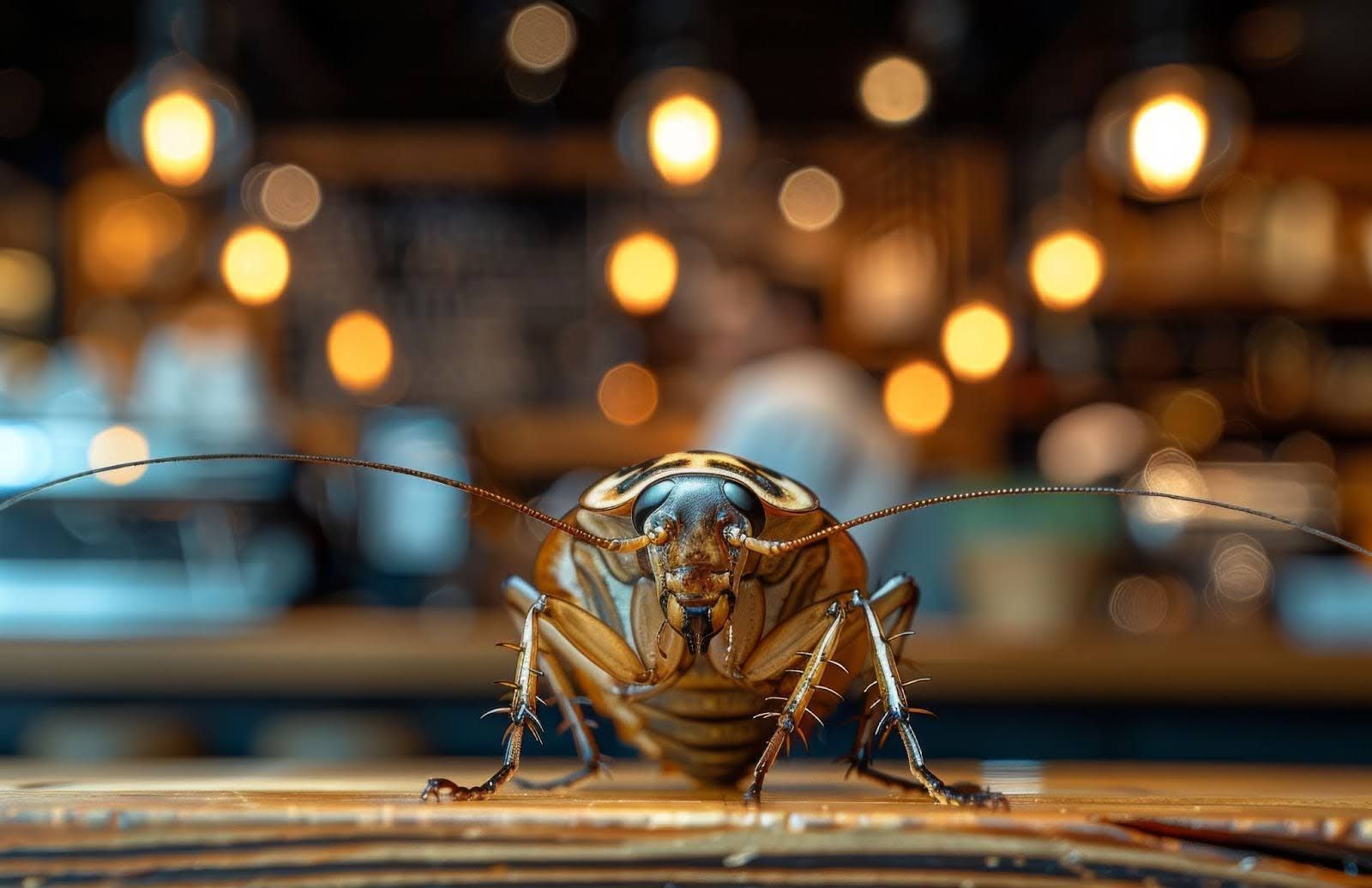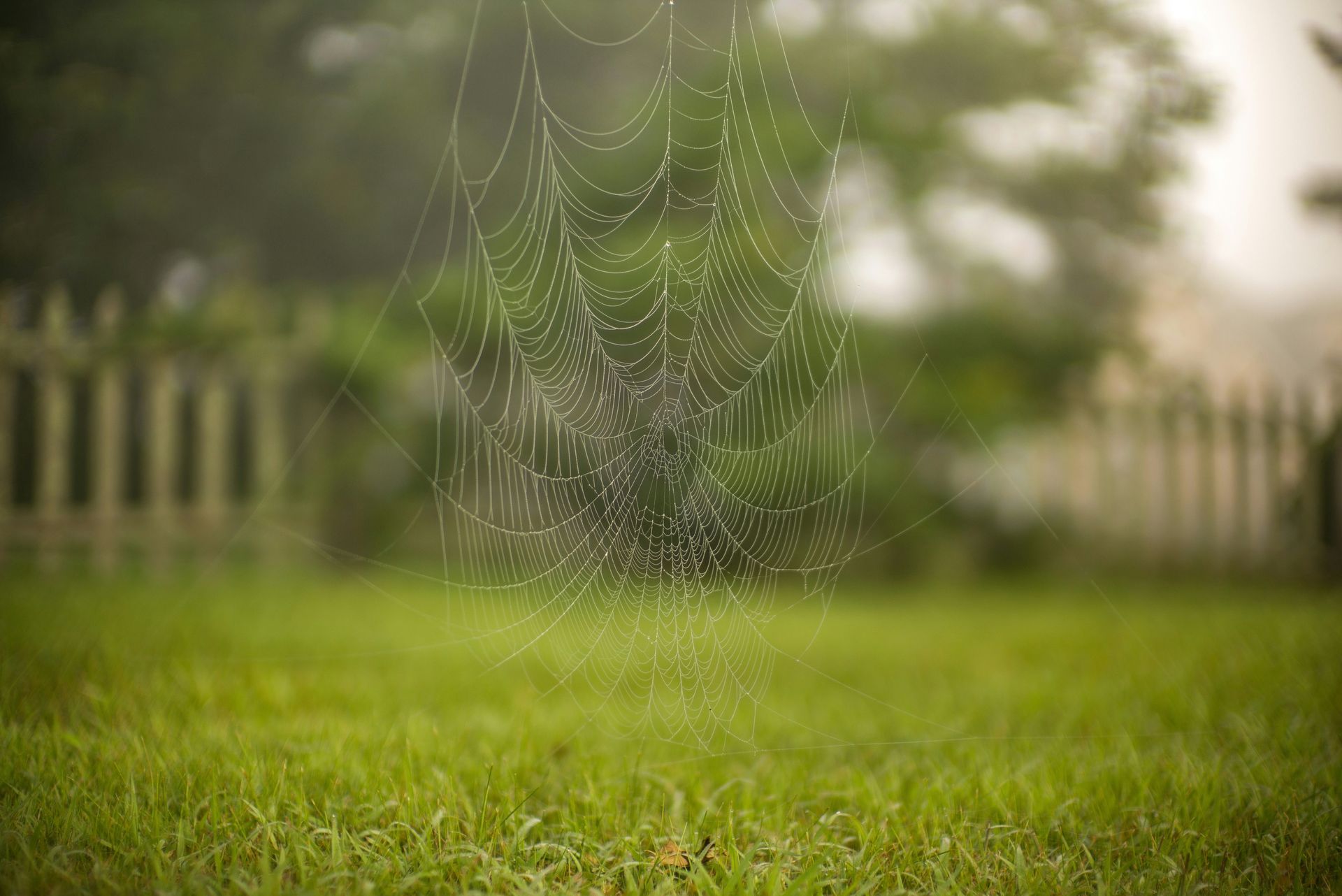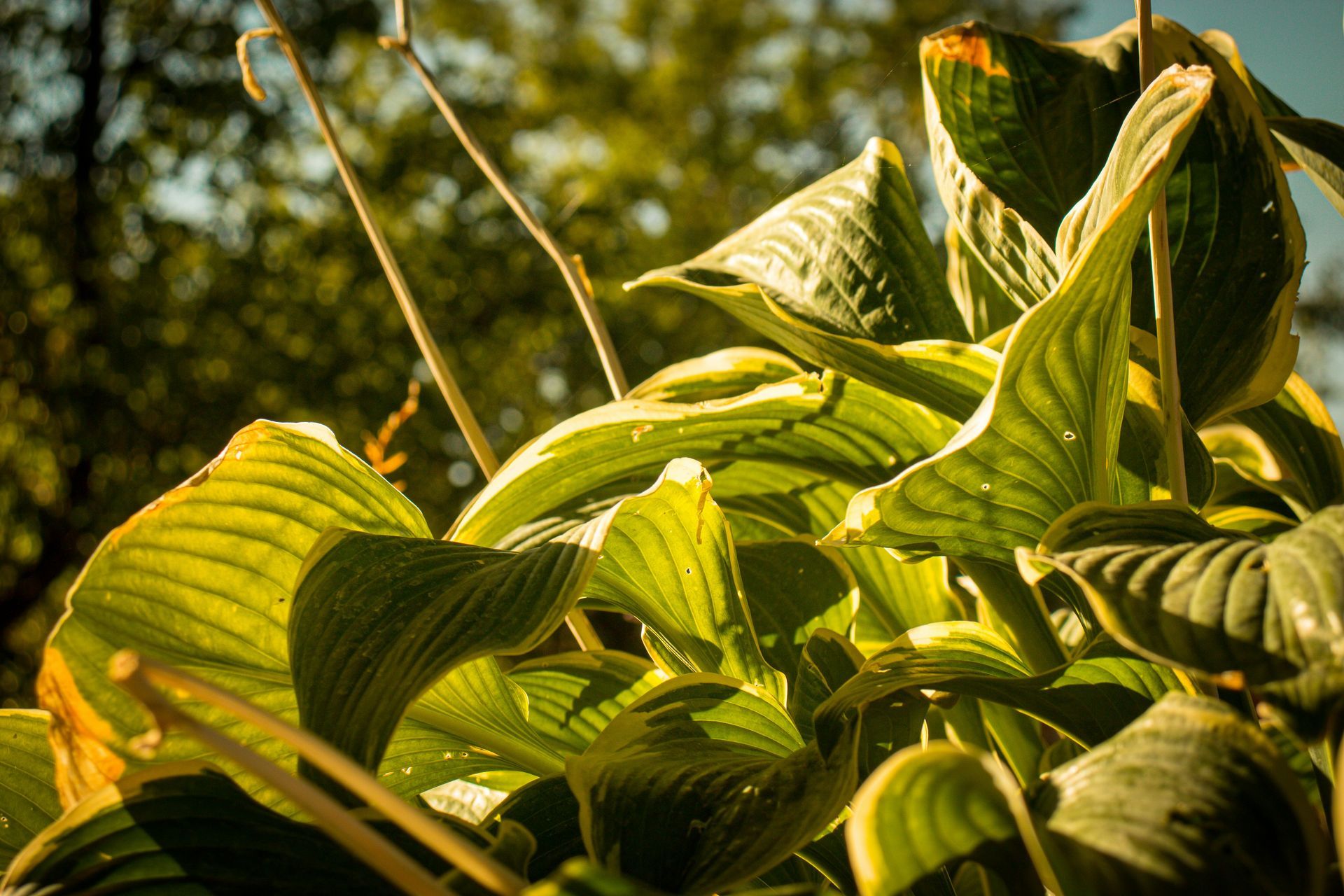Guard Your Greens: Natural Pest Management for a Bountiful and Eco-Friendly Garden
As more people are becoming increasingly aware of the environmental impact of synthetic chemicals, there is a growing interest in organic gardening practices. One major challenge faced by organic gardeners is how to effectively control pests without resorting to harmful chemical pesticides. We will explore various natural pest control techniques to help you maintain a healthy and productive garden, while also being kind to the environment.
Companion Planting
Companion planting is a technique where certain plants are grown together to provide mutual benefits. Some plants can naturally repel pests or attract beneficial insects that help control pest populations. For example, marigolds can deter nematodes and aphids, while basil can repel whiteflies and mosquitoes. Research which plants work well together to optimize the pest control benefits in your garden.
Introducing Beneficial Insects
Beneficial insects, such as ladybugs, lacewings, and parasitic wasps, can help control harmful pests by either feeding on them or using them as hosts for their offspring. Attract these helpful insects by planting flowers rich in nectar and pollen, providing them with shelter, and avoiding the use of broad-spectrum pesticides.
Diatomaceous Earth
Diatomaceous earth is a natural, non-toxic powder made from the fossilized remains of diatoms, a type of algae. When applied to plants, it can help control pests like aphids, mites, and slugs by damaging their exoskeletons and causing dehydration. Use food-grade diatomaceous earth and apply it sparingly to avoid harming beneficial insects.
Neem Oil
Neem oil is derived from the seeds of the neem tree and has been used for centuries as a natural insecticide. It works by disrupting the hormonal system of insects, making it difficult for them to feed, reproduce, and grow. Neem oil is safe for most beneficial insects and can be used as a foliar spray to control pests like aphids, whiteflies, and spider mites.
Homemade Pest Control Sprays
There are various recipes for homemade pest control sprays that can be made from common household ingredients, such as soap, garlic, and hot peppers. For example, a simple soap spray can be made by mixing a tablespoon of mild liquid soap with a quart of water. This can help control soft-bodied insects like aphids and mites. Test these sprays on a small area of your plants first to ensure they won't cause damage.
Physical Barriers
Physical barriers can prevent pests from accessing your plants in the first place. Row covers, for example, can be used to protect young plants from pests like cabbage moths and flea beetles. Copper tape can be wrapped around the base of plants to deter slugs and snails, while bird netting can help protect fruit from birds.
Regular Monitoring and Maintenance
Frequent inspection of your garden is essential for early detection and control of pest infestations. Remove any infested plant material and keep your garden clean and free of debris to reduce potential breeding grounds for pests. Regularly prune and thin out your plants to improve air circulation, which can help prevent the spread of diseases and make it more difficult for pests to hide.
Organic pest control methods can be just as effective as chemical alternatives, while also being gentler on the environment and beneficial to insects. By implementing a combination of these techniques, you can cultivate a healthy and bountiful garden while minimizing the need for harmful pesticides. Happy gardening!
For more information on pest control services,
check out this blog post here!




